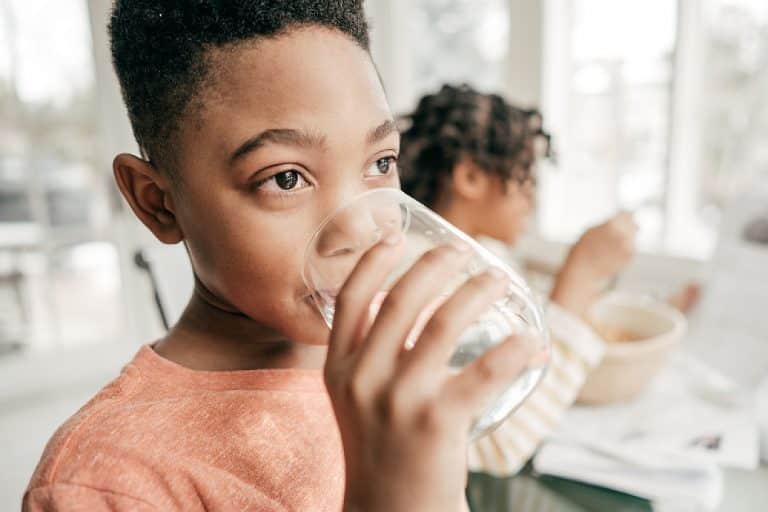Filtered Not Bottled
How to Protect Your Community from Toxic Plastics During U.S. Lead Pipe Replacements
Don't Replace Lead Pipes with Plastic Pollution
Water comes to your tap through “service lines.” Some of these service lines are made of lead, an extremely dangerous toxic chemical that can damage the kidneys and affect brain development in children. A recent study estimates that there are as many as 12 million lead pipes that carry water into the homes of 22 million or more people. This is a public health emergency.
The U.S. federal government has approved $15 billion dollars to replace lead service lines. Communities with the highest lead exposure levels and who face environmental justice concerns will be prioritized. These federal funds are essential to providing clean drinking water and protecting the health and safety of our families and communities.
Urgent Recommendations
Filtered Not Bottled
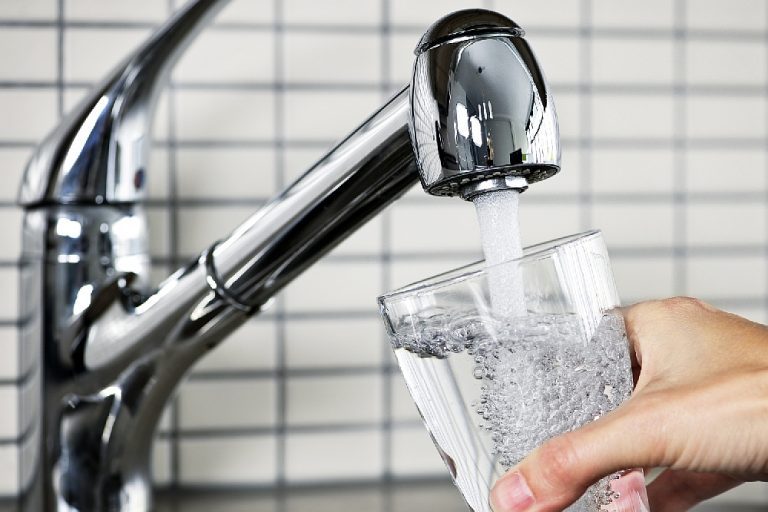
All households impacted by lead service line replacements should be provided with options for filtered water, not plastic bottles. Single-use plastic water bottles, like all plastics, are a health threat to people and the environment at every stage of their existence.
Water filters (certified to NSF/ANSI Standard 53) are the best point-of-use (POU) solution to provide safe drinking water. If filters are not applicable, states and municipalities should fund other filtered water options such as water buffalos, tanks, and reusable bottles.
Plastic-Free Pipes
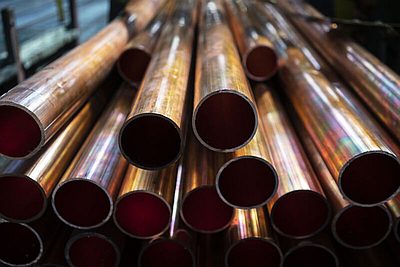
Lead service pipes should be replaced with non-toxic materials, not plastics like PVC. Plastics can introduce additional toxic chemicals into the water with which they come into contact, further impacting community health.
Municipalities should utilize sustainable and safe materials, such as recycled copper, for replacement service lines.
Plastic is Pollution

Production
• Plastics are made of fossil fuels. We should not continue or increase our reliance on these materials, driving ourselves deeper into the climate crisis.
• Plastic production releases highly toxic chemicals that contaminate air, soil, and water. This harms primarily low-income, rural, and BIPOC frontline/fenceline communities, contributing to elevated rates of asthma, cardiovascular disease, and cancer.
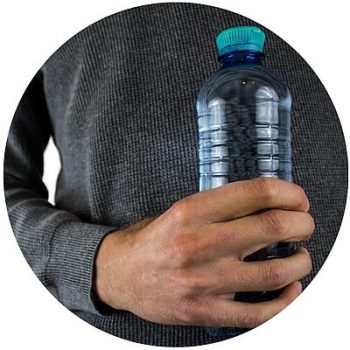
Consumption
• Plastic water bottles contain polyethylene terephthalate (PET), which leach toxic chemicals into the water they hold. Chemicals in PET are known to disrupt hormone function.
• PVC pipes leach hormone-disrupting chemicals and can be a source of microplastic particles in water. Another kind of common plastic pipe, PEX, also leaches neurotoxins and carcinogens.
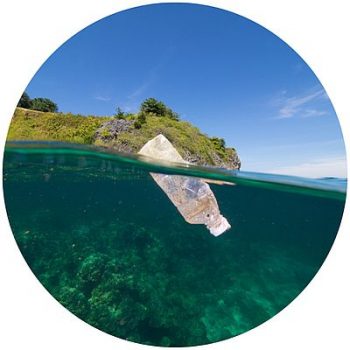
Waste
• Most plastic water bottles, like all plastics, are not recycled. Instead, they most commonly are sent to landfills or incinerators, are shipped overseas, or are dumped and open-burned. This plastic poses health risks to communities near these facilities.
• Plastics break up into dangerous microplastics. Recent research shows that microplastics can get into human blood, lungs, placentas, feces, and breastmilk, and could disrupt the body’s hormone system and activate harmful inflammation.
Take Action
Sign the Petition
Join the national movement! Sign the petition to tell the EPA Administrator and local representatives: Don’t replace lead pipes with plastic pollution.
Write to your Mayor
Your mayor needs to hear from you! Click here to write to your mayor and let them know your community needs Filtered Not Bottled water, and Plastic Free Pipes.
Get the Facts
Download the advocacy packet for additional resources, sample social media posts, and more ways to take action.
Resource Hub
Check out these additional resources to learn more and take action. Please email us if you have questions, ideas, or if your organization is interested in supporting our efforts.
• Safe Drinking Water for All: Protecting Communities from Plastic During U.S. Lead Pipe Replacement
As part of the UN 2023 Water Conference, an expert panel highlighted the need to keep plastic—and its toxic impacts—out of our water systems and explained why plastic is not the solution for replacing the toxic lead pipes.
• Toxic-Free Water: Filters as a Solution to Protect Your Health from Plastic and Other Pollutants
Learn the basics on accessing safe drinking water and why filters, not single-use plastic bottles, can help protect your family from toxic water pollutants.
• Report: The Perils of PVC Plastic Pipes
PVC plastic pipes and its hazardous ingredients — including vinyl chloride — cause serious harm to people and the environment. Read the report to learn why PVC is an unsafe replacement material for lead service lines.
• Plastic Tox: Plastic & Your Child’s Health
Dr. Manasa Mantravadi explains the dangerous health impacts of lead and plastic exposure, and identifies ways to keep our children safe from toxic chemicals.
• Filtered Not Bottled Advocacy Packet
Learn more about lead pipe replacement and find additional ways to take action in your community.
• Filtered Not Bottled Fact Sheet
Check out the one-page summary detailing our two urgent recommendations to the EPA, states, and municipalities.
• NGOs Letter to the EPA
Plastic Pollution Coalition and 22 other organizations called on the EPA to recommend Plastic-Free Pipes and Filtered not Bottled water during lead pipe replacement.


